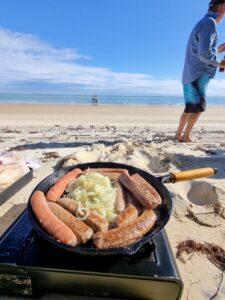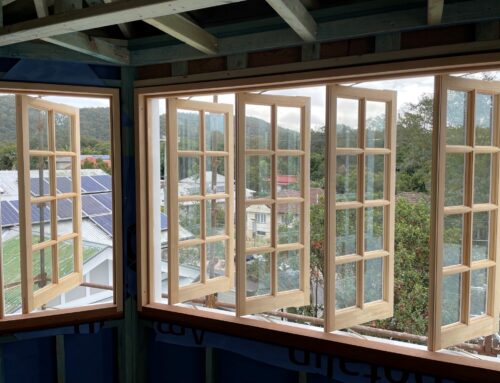
The many and varied ways we rely on each other for support and assistance are difficult to quantify. It is often a wicked task for the personal injury lawyer when making a claim for care arising out of the injury of one person versus the contribution of that care to the welfare of all household members.
The recent case of Carey-Schofield v Hays & Civeo contains some useful discussion of this head of damage at where His Honour cited with approval the proposition that “it is the need for services which gives the plaintiff the right to an award of damages”.
In this case, the PIPA respondent argued that given the care provided by the partner of the plaintiff provided a benefit to household as a whole, it ought not to be recoverable by the plaintiff.
To illustrate, His Honour gave the example of cooking sausages. If the plaintiff were to have sausages for dinner, and as a result of the injuries they have sustained they are unable to cook the sausages themselves, this must be assessed on the basis of the cost of someone else cooking those sausages for them. Given it takes just as long to cook two sausages as it does to cook 6 sausages, His Honour explained that the way to work this out is not to calculate the percentage of the time it takes to cook the two sausages for the plaintiff and subtract that from the time it took to cook the remaining four sausages for the rest of the household.
His Honour distinguished between care provided for the benefit of the plaintiff and care provided for the household generally and confirmed that it is the need for the assistance that creates the right to recover the value of the care, not the fact that all members of the household generally contribute to the maintenance of the home, and assistance provided for the benefit of one is likely to also benefit the rest of the household.


![Medical Records and Claims for Personal Injuries – Maher v Russell [2022] ACTSC 297](https://karelawyers.com.au/wp-content/uploads/2023/02/Medical-Records-500x383.jpg)

